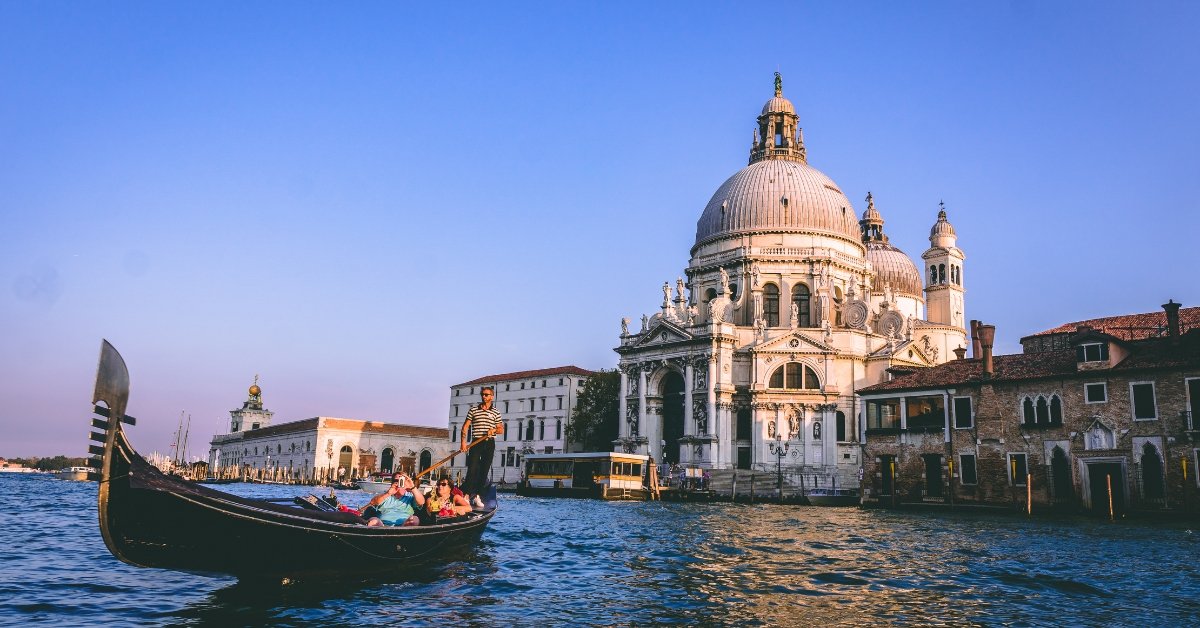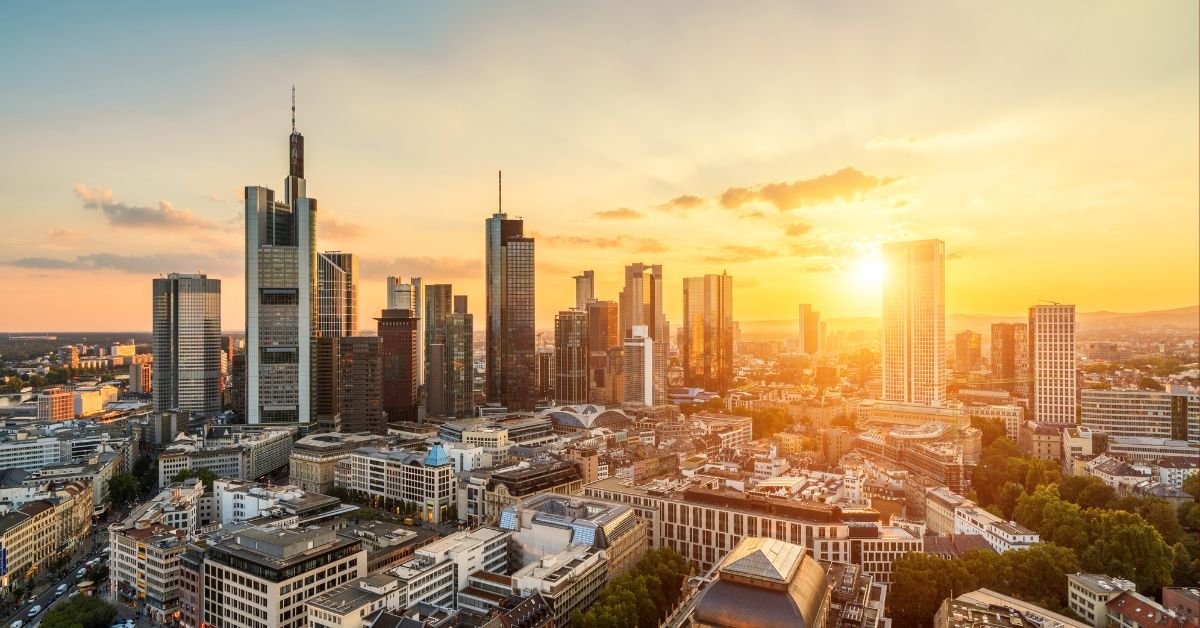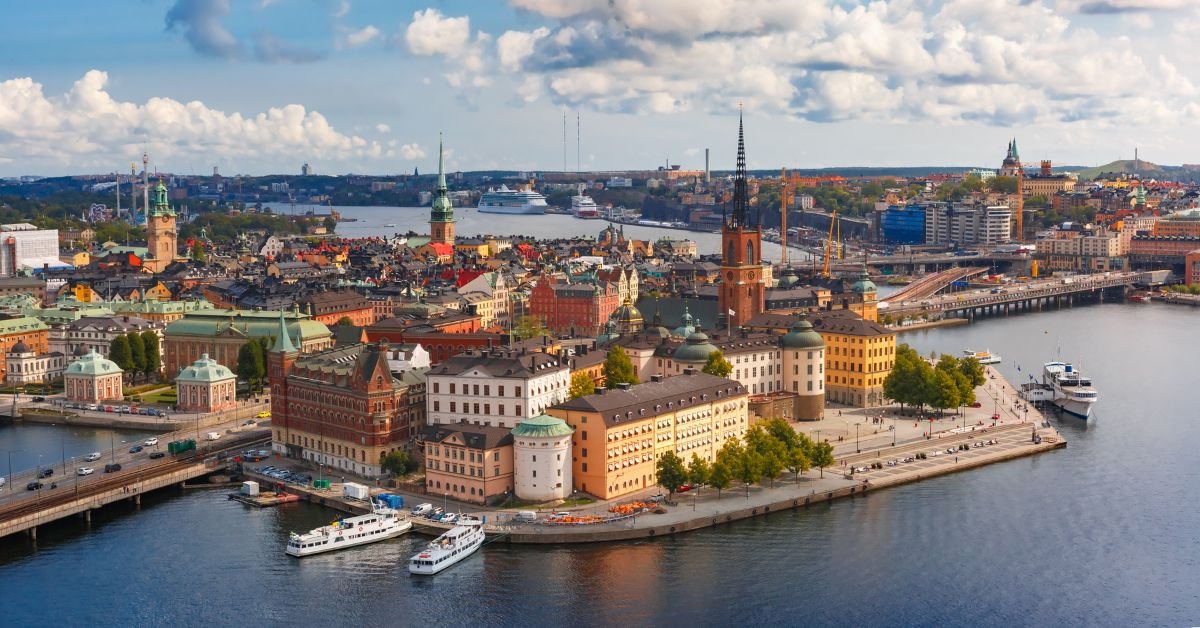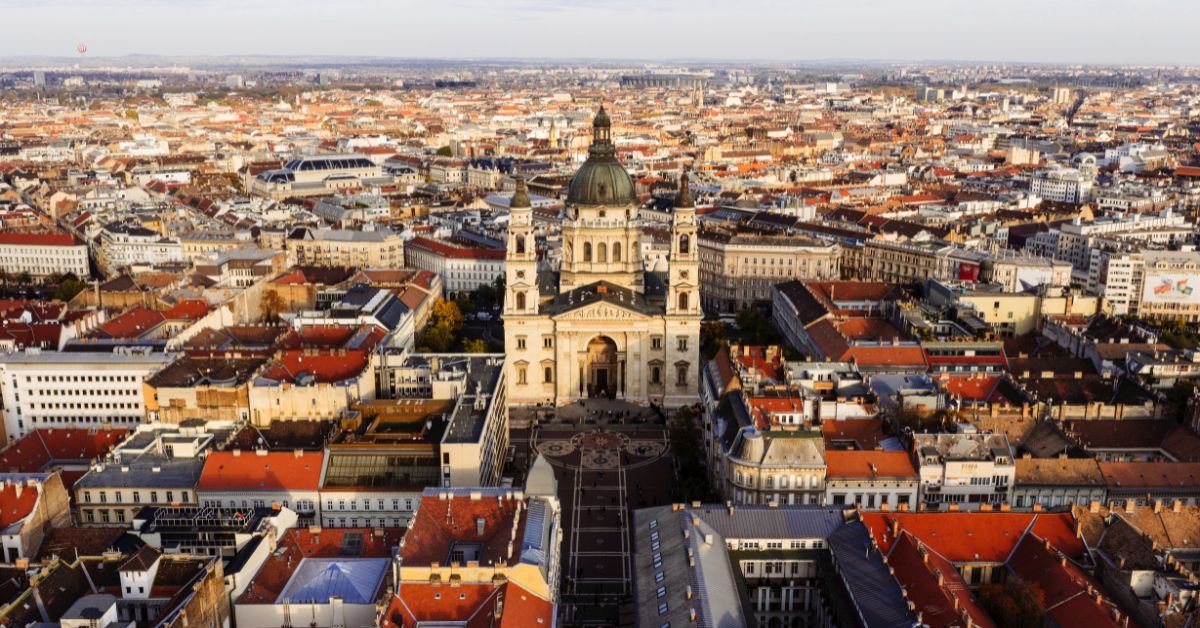Learn about racism in Italy, from its history to today’s challenges, with voices like Paola Egonu and Lilian Thuram. Find ways to support a fairer Italy.
Table of Contents
Picture yourself in Italy—sipping espresso in a sunny piazza, admiring ancient ruins, or twirling pasta on your fork.
It is a beautiful country, full of history and charm.
However, there is something serious we need to talk about: racism in Italy.
From unkind words in busy markets to unfair treatment in everyday life, racism is a problem that affects many people.
Why does this happen in such a welcoming place?
In this blog post, we will explore the origins of Italy’s racism issues, share stories from inspiring people like volleyball star Paola Egonu and footballer Lilian Thuram, and suggest ways to make Italy fairer for everyone.
Whether you love to travel, care about culture, or want to make a difference, this easy-to-read guide will help you understand and act.
The Past Matters: How History Shapes Racism in Italy
To understand racism in Italy, we need to look back in time.
Long ago, in the late 1800s and early 1900s, Italy controlled countries like Eritrea, Somalia, and Ethiopia.
This was called colonialism, and it was not kind. Under a leader named Benito Mussolini, things got very cruel.
For example, in 1937, Italian soldiers hurt thousands of people in Ethiopia during something called the Addis Ababa massacre.
Italy never apologized for this, and some experts, like Professor Francesco Strazzari, say this history still affects how some Italians see people from Africa today.
After World War II, Italy changed.
Instead of Italians leaving to live elsewhere, people from Africa, the Middle East, and Eastern Europe started moving to Italy.
By 2023, about 6.5 million immigrants—around 10% of Italy’s population—lived there.
This was a significant change for a country that thought of itself as mostly the same. New words like “extracomunitari” (people from outside the European Union) and “clandestini” (people without legal papers) became common.
However, they were often used in a mean way, making immigrants feel like they did not belong.
What is Happening Today: Politics and Attitudes
Now, let us talk about today.
Some politicians in Italy make racism in Italy worse by saying unkind things about immigrants.
For example, a political group called Lega, led by Matteo Salvini, often says Italians should come first and that immigrants cause problems.
A 2023 poll by IPSOS found that 52% of Italians worry that immigrants might change their culture.
During elections, some leaders use words like “invasion” to scare people about refugees, which makes unkind talk more common.
A group called the European Commission against Racism and Intolerance (ECRI) said in 2024 that Italy needs to do more to stop this harmful talk.
The media, like TV and newspapers, can also spread negative ideas.
Some news stories make immigrants sound like troublemakers, which is not fair.
On social media, things can get even worse—many posts are mean about Muslims, Roma people, or Africans.
Even in football, which Italians love, there is a problem.
Fans sometimes shout racist things at players like Mario Balotelli or Romelu Lukaku, though the football league is starting to work on this.
The Numbers: Hate Crimes in Italy
Let us look at some facts to see how severe racism in Italy is:
| Year | Hate Crimes Reported | Who Was Targeted Most | Source |
|---|---|---|---|
| 2013 | 472 | Roma, Africans | UNAR |
| 2022 | 1,105 | Africans, Roma | UNAR |
| 2023 | 1,220 | Africans, Muslims | ECRI |
These numbers show that hate crimes in Italy are going up.
Most of these crimes are about someone’s race or background, and people from African or Roma communities are hurt the most.
Heroes Speaking Up: Stories That Inspire
Luckily, some amazing people are working to make things better.
Paola Egonu, a fantastic volleyball player whose parents are from Nigeria, has heard racist words but stays strong.
In a 2024 TV interview, she said, “Italy is my home, and I think we can improve it together.”
Her hope gives others courage.
Lilian Thuram, a former football star, speaks out too.
In 2024, he wrote that Italy needs to face its racism problem, especially because some leaders make it worse.
Writers and activists like Nadeesha Uyangoda, who was born in Sri Lanka but raised in Italy, are also present.
She makes a podcast called “Sulla razza” that talks about race in a way everyone can understand.
Another person, Ariam Tekle, makes films that show how immigrants help Italy.
Moreover, Pap Khouma, an activist, shares stories about being stopped by police just because he is Black.
These people show us that speaking up can change things.
Everyday Racism: Small Hurts Add Up
Racism in Italy is not always loud or obvious.
Sometimes, small things that hurt are called microaggressions.
For example, someone born in Italy might be asked, “Where are you really from?” because they look different. Alternatively, they might hear, “Wow, you speak Italian so well!” as if they should not.
A 2024 survey by YouGov found that 45% of Italians with African or Asian backgrounds deal with these kinds of comments every week.
It can make them feel like they do not belong.
People also face stereotypes—wrong ideas about who they are.
For example, Africans might be seen only as street vendors, Asians as shop owners, or Roma as troublemakers.
These ideas ignore the many doctors, teachers, and artists who make Italy special.
Someone like Cécile Kyenge, the first Black woman to be a minister in Italy, faced mean attacks but kept working to help everyone feel included.
Unfair Situations: Work and Living Conditions
Racism in Italy also shows up in significant ways.
Roma people, for example, often live in places that are not safe, like near garbage dumps in Naples, which makes them sick.
This is called environmental racism, and it is not fair.
Also, many immigrants who work on farms in southern Italy get paid very little—like €2 an hour—for demanding jobs like picking fruit.
Groups like Medici per i Diritti Umani say most workers do not have fundamental rights, which needs to change.
Hope for the Future: How Italy Can Change
The good news is that people are working to make Italy better.
The National Office against Racial Discrimination (UNAR) helps people who face racism but need more power to do their job well.
Groups like the Italian Network Against Racism organize events to teach people about fairness.
Schools like Milan and Turin are starting to teach kids about different cultures, which is a significant step.
There are also fun events, like the Afro-Italian Film Festival in Florence, which celebrates all the different people in Italy.
Activists like Blessing Okoedion, who moved from Nigeria to Italy, help people who have been mistreated and show how strong they are.
Easy Ways to Help
A group called ECRI gave Italy some ideas to improve:
- Make a strong group to fight racism fairly.
- Create a big plan to stop racism in Italy.
- Punish people who say mean things about others’ race.
You can help, too!
Here is how:
- Vote for leaders who want everyone to feel welcome.
- Shop at places that treat all workers fairly.
- Learn more by reading books or listening to podcasts like “Sulla razza.”
- Speak up if you see someone being unfair at school or with friends.
A Surprising Fact
Did you know that a 2023 survey by Eurispes found that about 15% of Italians think the Holocaust did not happen? This shows why teaching people the truth about history is so important to stop anti-Semitism in Italy and other kinds of hate.
Let’s Keep Talking About a Better Italy
Racism in Italy is a big challenge tied to its past and present.
However, people like Paola Egonu, Lilian Thuram, Nadeesha Uyangoda, and many others show the way to a kinder, fairer Italy.
Italy can shine even brighter by learning about history, making better laws, and celebrating everyone’s differences.
As travelers or people who care about the world, we can help by understanding Italy’s whole story—not just the pretty parts but the tough ones.
Want to know more? Check out our website for stories about travel, culture, and ways to make a difference.
Whether you dream of visiting Italy or want to help make the world fairer, let us keep this conversation going.
Together, we can support a more welcoming Italy for all.






